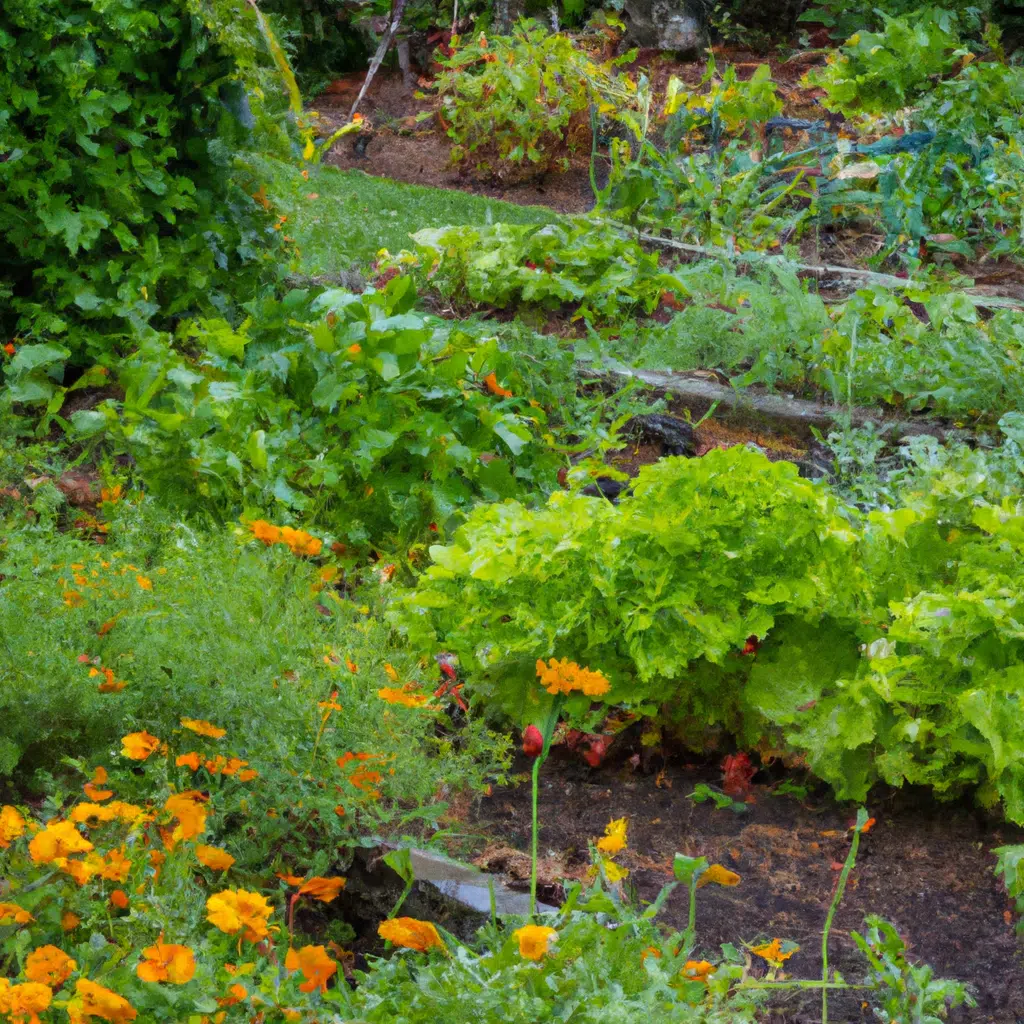Are you tired of dealing with pests in your garden? Do you want to avoid using harmful pesticides that can cause harm to your plants and the environment? If so, companion planting may be the solution you’re looking for. In this article, we will explore the concept of companion planting and how it can help you control pests in your Kingsbury garden.
What is Companion Planting?
Companion planting is the practice of planting different crops together in the same area to achieve specific benefits. This concept is based on the idea that certain plants can help each other by repelling pests, attracting beneficial insects, improving soil health, and increasing crop yields.
How Does Companion Planting Work for Pest Control?
One of the most significant benefits of companion planting is its ability to control pests naturally. By planting certain crops together, you can create an environment that repels or distracts pests from your main crops.
For example, planting marigolds alongside your tomatoes can help repel nematodes, which are soil-dwelling pests that can cause damage to your tomato plants. Similarly, planting garlic or onions near your carrots can help repel carrot flies, which can destroy your carrot crop.
Different plants have different properties that make them effective at controlling pests. Some plants release chemicals that deter pests, while others attract beneficial insects that prey on pests. By combining these plants, you can create a natural pest control system that reduces the need for harmful pesticides.
Examples of Companion Planting for Pest Control
Here are some examples of companion planting combinations that can help you control pests in your Kingsbury garden:
Tomatoes and Marigolds
As mentioned earlier, planting marigolds alongside your tomatoes can help repel nematodes. Marigolds release a chemical called alpha-terthienyl, which is toxic to nematodes. Plant marigolds in between your tomato plants or in a border around your tomato bed.
Carrots and Onions
Carrot flies are a common pest that can destroy your carrot crop. Planting onions or garlic near your carrots can help repel these pests. These plants release a strong odor that confuses carrot flies and makes it difficult for them to locate your carrot plants.
Cabbage and Dill
Cabbage worms are a common pest that can damage your cabbage plants. Planting dill alongside your cabbage can attract beneficial insects like wasps and ladybugs that prey on cabbage worms. Dill also repels cabbage moths, which are another common cabbage pest.
Squash and Nasturtiums
Squash bugs are a common pest that can cause significant damage to your squash plants. Planting nasturtiums alongside your squash can help repel these pests. Nasturtiums release a chemical called benzyl isothiocyanate, which is toxic to squash bugs.
Tips for Successful Companion Planting
Here are some tips to help you get the most out of your companion planting efforts:
Plan Your Garden Layout
Before you start planting, plan your garden layout carefully. Consider the space requirements of each plant, as well as its specific companion planting needs.
Rotate Your Crops
To prevent the buildup of pests and diseases in your soil, rotate your crops each year. This will also help ensure that your soil remains healthy and fertile.
Choose the Right Plants
Not all plants are compatible with each other. Do your research and choose plants that have been proven to work well together.
Monitor Your Garden
Keep an eye on your garden and watch for signs of pest damage. If you notice a problem, take action immediately to prevent it from spreading.
Conclusion
Companion planting is a natural and effective way to control pests in your Kingsbury garden. By planting certain crops together, you can create a pest-resistant environment that reduces the need for harmful pesticides. With a little planning and research, you can enjoy a healthy and thriving garden that is free from pests and disease.


